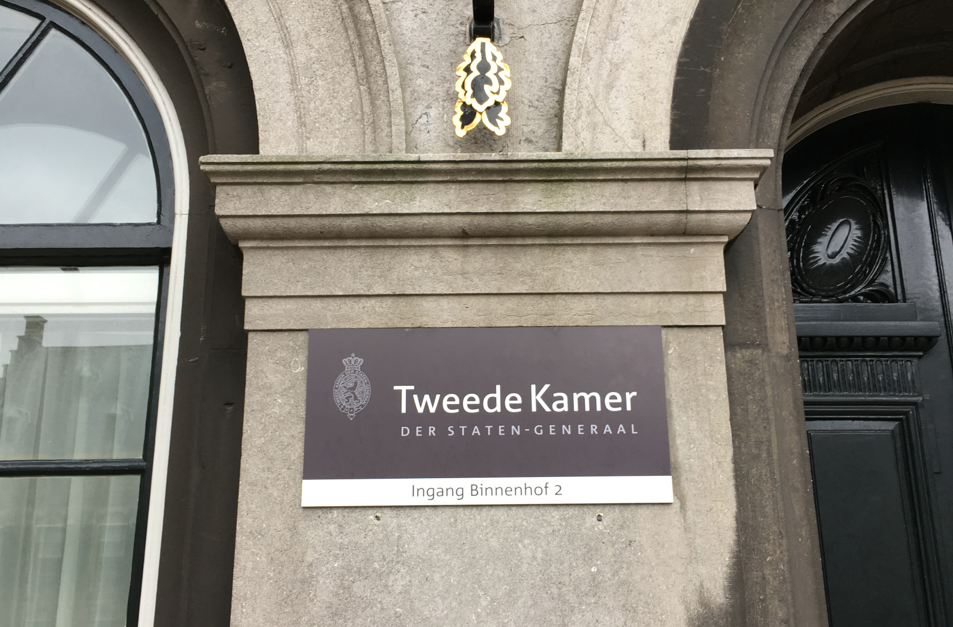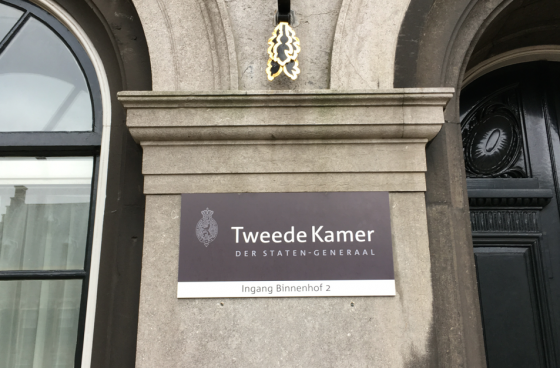Again no vote on pension reform, despite marathon debate


MPs have yet again failed to vote on legislation which will reform the Dutch corporate pension sector, setting aside the urging of pensions minister Carola Schouten who has warned about the impact of further delays.
Despite a full day of debate on Thursday – the second so far this month – no vote was taken because two opposition parties want to wait for the outcome of independent recommendations which may influence how pension funds decide on payouts.
The government needs the backing of the PvdA and GroenLinks to be sure the legislation will pass in the senate, where the coalition does not have majority support.
These two parties also want Schouten to include several amendments in the legislation, including reducing the age at which people start saving from 21 to 18 and taking steps to ensure more people build up a company pension.
According to the CBS, around one million workers in the Netherlands will rely on the state pension and have no additional support.
Next Tuesday MPs will debate the issue again.
Aim
The aim of the legislation, first mooted 15 years ago, is to make corporate pensions more sustainable.
If the new system comes into full operation in 2027 as planned, workers with a company pension scheme will no longer know in advance how much pension they get. Instead, pensions will vary in line with investment returns and life expectancy, meaning the economy will have more of an influence on payouts.
The aim of the reform, the government says, is to spread the burden of paying for pensions more fairly across the generations. Corporate pensions will no longer be on based average (wage related) contributions but on everyone paying the same.
However, some experts, including independent MP Pieter Omtzigt, have doubts about the new system because they consider it too risky and because it removes choice. ‘I do not know what I would be saying yes to as an MP, and I do not know how much people will get and on what basis,’ Omtzigt has said.
Lawyers too have warned that the new system could lead to court cases because it will apply to all workers and pensioners, and some people will end up with less pension than they had been originally promised.
Pension funds
However, the five biggest Dutch pension funds say the current system makes it difficult to put pensions up in line with inflation because they have to keep high buffers. In the new system ‘there is greater perspective for raising pensions, which is important at times of high inflation like these,’ the funds said in a letter to MPs ahead of the debate.
Solidarity between the generations, one of the key parts of the current system, will be maintained because the risks will continue to be shared, the pension funds say.
The government hopes to have the new legislation up and running by July 2023 with a transition period until 2027.
The Dutch pension system is currently based on three pillars – the state pension AOW, compulsory corporate pension schemes – either sector-wide or company based – and individual or private pension schemes.
Check how much pension you have accrued
Dutch corporate pension funds currently have around €1.5 trillion in assets under management.
Thank you for donating to DutchNews.nl.
We could not provide the Dutch News service, and keep it free of charge, without the generous support of our readers. Your donations allow us to report on issues you tell us matter, and provide you with a summary of the most important Dutch news each day.
Make a donation